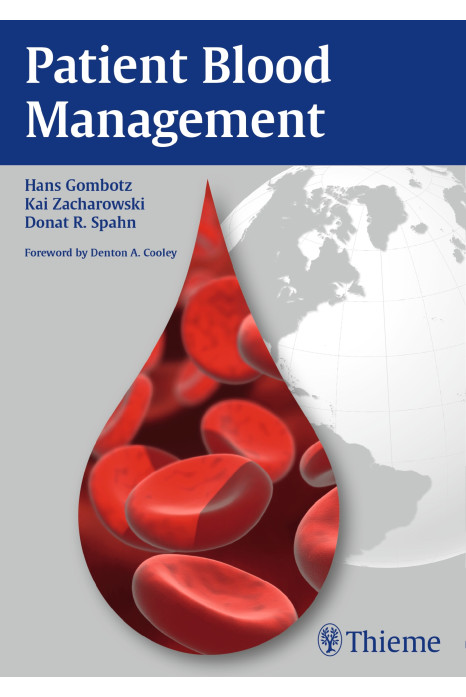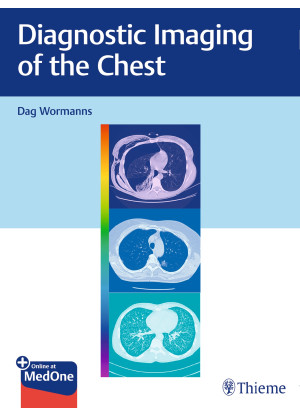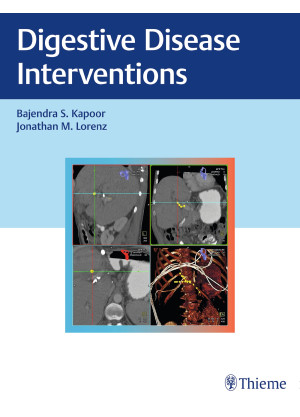Patient Blood Management (PBM) is an innovative clinical concept that aims to reduce the need for allogenic blood transfusions, cut health-care costs, and avert or correct the risk factors related to blood transfusion, thus minimizing the rate of side effects and complications. This comprehensive hands-on volume offers a three-point approach for the implementation of PBM to improve patient outcome, focusing on how to prevent or treat anemia, reduce blood loss, and increase anemia tolerance. The book also goes beyond preoperative PBM, with detailed accounts of coagulation disorder management and the administration of coagulation products and platelet concentrates.
Special Features:
- Presents a clear three-pillar strategy for the application of PBM: diagnosis and treatment of anemia, reduction of peri-interventional blood loss, and optimization of the tolerance to anemia in the everyday clinical setting
- Covers issues such as PBM during surgery, requirements for modern transfusion medicine, ordering blood products, the role of pre-anesthesia clinics, benchmarking processes, and potential implications of PBM in the public health sector
- Overview of research in PBM including landmark studies and current clinical trials
- Boxes in each chapter highlighting key information, core statements, and summaries
- A multidisciplinary and international team of contributors experienced in PBM
Patient Blood Management is a guide for clinicians and residents whose patients are at risk for anemia, coagulation disorders, or severe blood loss. Anesthesiologists, surgeons, and specialists involved in the use of blood and blood products can use the book for quick reference or to learn more about a leading-edge concept for optimizing patient safety and improving outcome.
1 Introduction
2 Practical Aspects of Preoperative Patient Management
3 First Pillar of PBM—Optimization of the Red Blood Cell Volume
4 Second Pillar of PBM—Minimization of Bleeding and Blood Loss
5 Third Pillar of PBM—Harnessing and Optimization of the Patient's Physiological Tolerance to Anemia
6 PBM in Surgical Settings
7 PBM in Nonsurgical Settings
8 Practical Implementation of PBM and Outlook
9 Appendix














